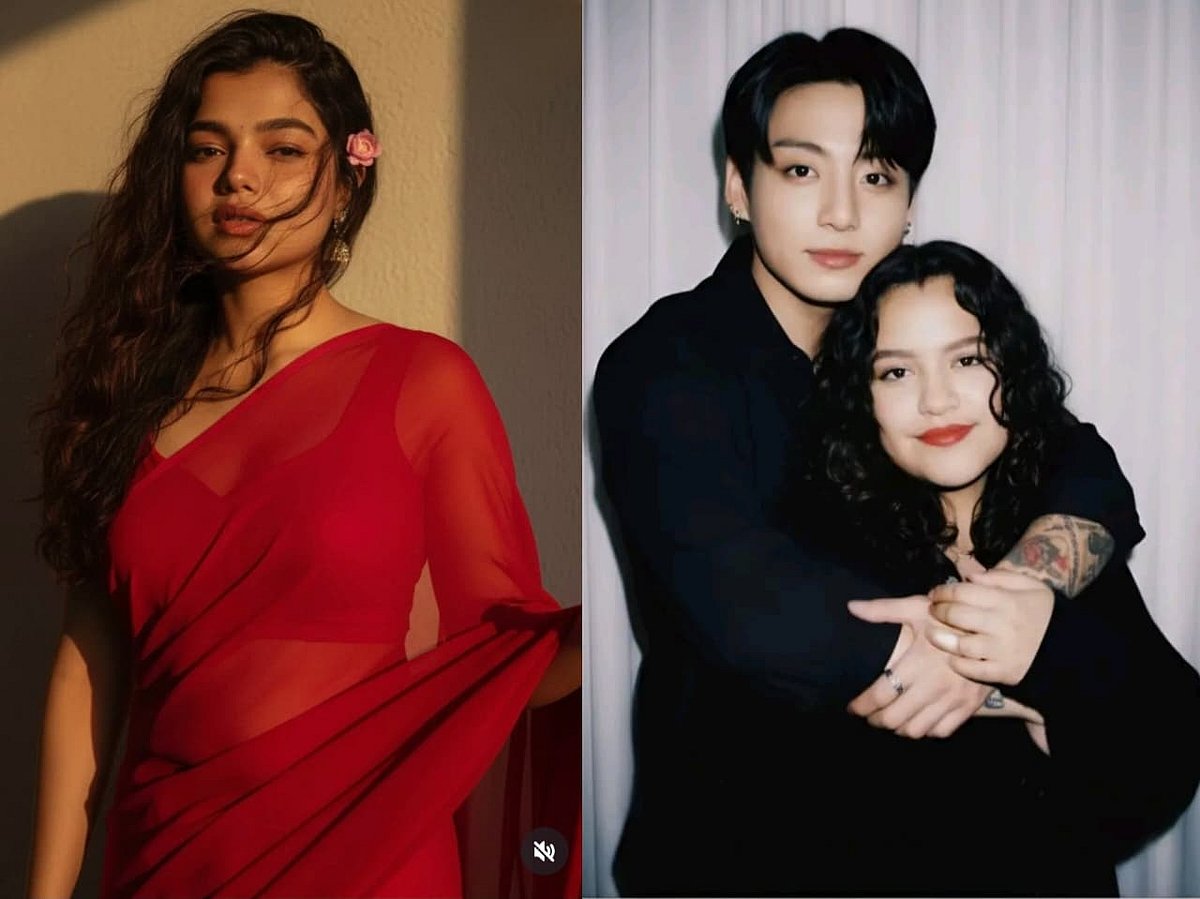Dubai: Instagram is buzzing with two viral AI trends that have millions creating stunning photos with just a few clicks. But what started as harmless fun has taken an unsettling turn, leaving some users questioning whether these magical transformations come at too high a price.
The Polaroid phenomenon
Google Gemini's Nano Banana AI tool is fuelling yet another viral trend, this time, fans are creating Polaroid-style photos with celebrities that look strikingly real. From cosy coffee shop selfies with BTS's Jungkook to beach vacation snaps with your favourite movie star, users are living their wildest fan fiction dreams through AI-generated instant photos.
The process is surprisingly simple. Users upload their photo to Google's Gemini AI, add a prompt like "Polaroid photo of me and [celebrity name] at a café, vintage film look, natural lighting," and within seconds, receive a convincingly authentic-looking snapshot. The results are so realistic that many have to look twice to remember it's not a real memory.
Social media feeds are flooded with these dreamy collaborations. Whether it's a backstage moment with a K-pop idol or a candid laugh with a Hollywood A-lister, the Polaroid trend has democratised celebrity encounters in the most accessible way possible.
The saree sensation that conquered Instagram
Even more popular is the vintage saree trend that's dominated Instagram feeds for weeks. Gemini's Nano Banana tool is responsible for the 'Vintage Saree' AI trend's explosive growth on Instagram. Users produce nostalgic retro edits of chiffon, black, or polka-dot sarees with dramatic 90s Bollywood glamour.
Women worldwide are uploading simple selfies and transforming them into stunning portraits featuring flowing sarees, jasmine flowers in their hair, and dreamy vintage backdrops. The AI doesn't just add clothing, it creates entire mood boards complete with period-appropriate makeup, jewelry, and atmospheric lighting that would make any Bollywood cinematographer proud.
The trend has been particularly empowering for women exploring cultural fashion. Users experiment with different saree styles, colours, and draping techniques they might never have tried in real life, creating a digital playground for cultural expression.
When AI gets too real
But the magic took a dark turn when Instagram user @jhalakbhawani shared a deeply unsettling experience. After using the saree trend, the tool reproduced a hidden mole on her body that was not visible in the photo she uploaded. The revelation left viewers unsettled, with her video quickly going viral for all the wrong reasons.
"It's very scary and creepy." Her post quickly went viral, sparking discussions about whether AI tools can access personal details in unexpected ways. The incident has raised serious questions about how much AI systems can infer from seemingly innocent photos.
While Google maintains that all images generated or edited using Gemini carry SynthID, an invisible digital watermark, along with metadata tags, to clearly mark them as AI-generated, experts worry about the broader implications. The technology that creates these beautiful transformations also has the potential for misuse in creating convincing fake images.
The trends showcase AI's incredible ability to understand and manipulate visual content, but they also reveal how much these systems can deduce from our photos – sometimes more than we realize we're sharing.
Social media reacts
The response across social platforms has been mixed, reflecting the complex emotions these trends have stirred up:
@DigitalDiva23: "Created the most gorgeous saree pic ever but now I'm paranoid about what else AI can see in my photos #AITrends #Privacy"
@TechSkeptic: "These Polaroid celebrity pics are so convincing my mom asked when I met Ryan Gosling The future is wild but also kinda scary"
@VintageVibes: "Love the saree trend but that mole story has me shook. Deleting all my uploads now just to be safe "
@AIEnthusiast: "People are overreacting. It's just pattern recognition. The tech is amazing and we should celebrate creativity, not fear it!"
@PrivacyFirst: "This is exactly why I don't upload personal photos to any AI platform. Your face is your biometric data – protect it! "
@CreativeExplorer: "Made the most stunning vintage portraits but now wondering what happens to my photos after. Need better transparency from tech companies"
Sign up for the Daily Briefing
Get the latest news and updates straight to your inbox
Network Links
GN StoreDownload our app
© Al Nisr Publishing LLC 2025. All rights reserved.

